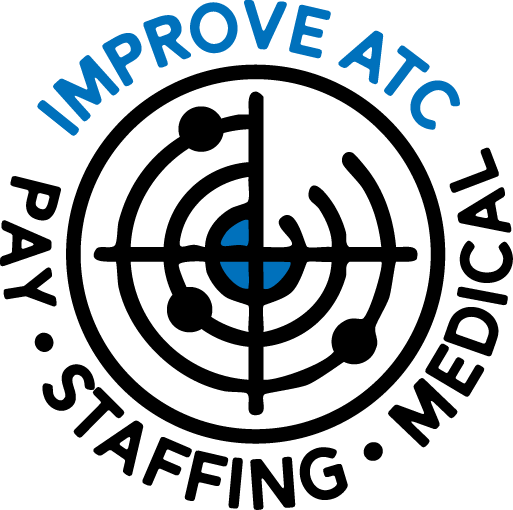The Problem
Air traffic controllers (ATCs) are the backbone of America’s aviation system — guiding nearly a billion passengers each year with safety and precision. But many certified professionals (CPCs), especially those working at the nation’s busiest and most complex facilities, haven’t seen meaningful raises in years.
Meanwhile:
- Trainees are being offered incentive bonuses.
- High-stress roles at top-tier towers and centers are increasingly hard to retain.
- A growing number of experienced controllers are hitting pay ceilings — doing more but earning the same.
It’s time for a smarter, fairer, and more modern compensation system.
The Solution: A Phased 3-Year Pay Modernization Plan
We propose a three-year rollout of a new pay structure that ensures fair compensation tied to facility complexity, encourages retention, and protects aviation safety for the public.
Year 1: Build the Foundation
- Implement new pay bands for facilities Levels 4–9.
- Ensure every controller earns at least a 10% raise or reaches the minimum of their new pay band.
- Close Level 4 facilities and offer paid moves to higher-level locations to consolidate staffing.
- Begin weekend, night, and training premium pay (25%) at pilot facilities.
Year 2: Expand and Stabilize
- Extend the new bands to Levels 10–12, especially the nation’s busiest towers and centers.
- Add Controller Incentive Pay (CIP) — 0.5% of the FAA’s budget distributed equally to all certified CPCs.
- Launch CIC pay (Controller in Charge bonus) and 200% overtime to relieve staffing pressure without burning out current employees.
- Allow extra leave accumulation and retirement credit for overtime worked.
Year 3: Lock in Equity and Growth
- Adjust all CPCs' salaries by 4% annually, plus the presidential cost-of-living raise.
- Cap pay bands, but provide 4% yearly bonus payouts if someone maxes out.
- Introduce a universal 7.5% TSP match, regardless of employee contribution.
- Modernize FERS so each year as an ATC counts as 1.7 years of service for retirement purposes.
Why This Matters to the Public
- Flight delays are rising and controller burnout is worsening.
- The FAA is losing experienced talent faster than it can train new controllers.
- A sustainable, equitable pay system keeps the most skilled professionals on the mic — ensuring your flight gets where it’s going safely and on time.
Join the Conversation
We’re asking the public to support a future-focused approach to aviation safety. Controllers don’t need handouts — they need fairness and a system that respects the complexity of their work.
Let’s keep the skies safe by keeping our best controllers in the towers and centers that need them most.

